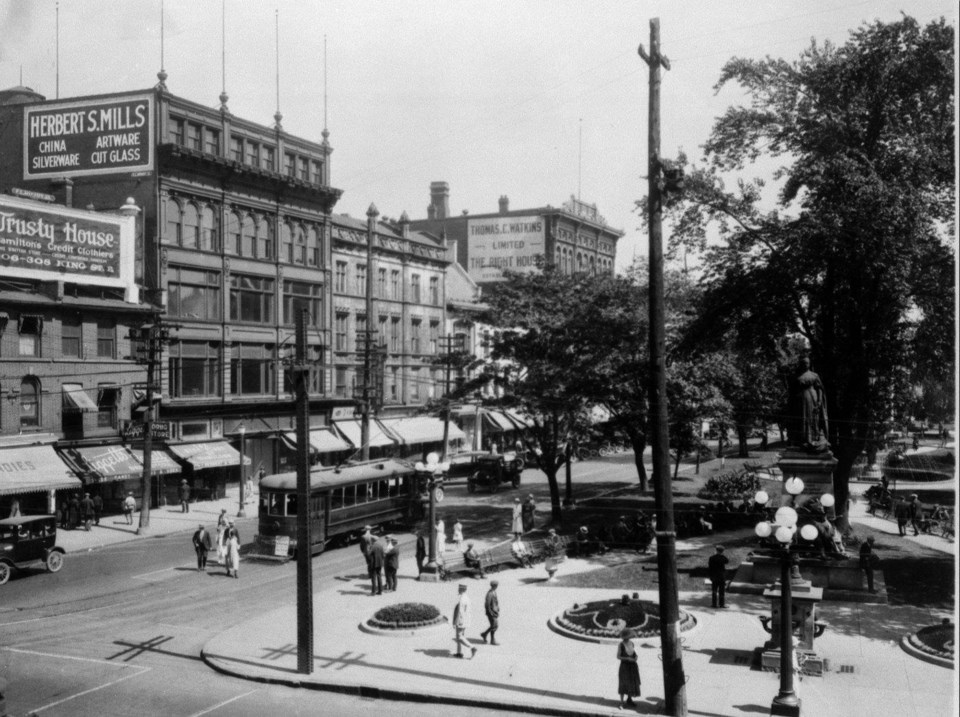The Hamilton and District Labour Council is hoping to right a century-old grievance between the city it represents and the NHL.
The labour council demanded the NHL apologize on Wednesday for its treatment of players on the now-defunct Hamilton Tigers when they tried to engage in collective action during the 1924-25 season. Anthony Marco, the council's president, said that when the Tigers went on strike to get better pay, they were engaging in a struggle that resonates to this day.
"We've got labour strife happening at a provincial level, at a federal level, at an international level, and this is a good reminder of the fact that 100 years ago, some of the basic things that these players were fighting for still exist today," said Marco. "It's a reflection, in my mind, on how gig work is going these days, that people are being expected to work without pay, our people are being expected to work with very little pay."
The Tigers played in Hamilton from 1920 to 1925 and were atop the NHL's standings that final year. The league expanded its season by six games in 1924-25 but players' pay was not increased.
Hamilton players demanded an extra $200 each or they would not lace up for the NHL's playoffs. Then-league president Frank Calder suspended the striking Tigers players and fined them $200 each.
Calder then declared the Montreal Canadiens the league champions and representatives in the Stanley Cup final. Montreal lost the cup to the Western Canada Hockey League's Victoria Cougars three games to one in the best-of-five series.
The Tigers were then moved to New York City and renamed the Americans.
"The team stuck by their guns, and they said 'this is what it's going to be,' and they probably didn't end with the result that they would have liked, but it certainly was an affront not to just those players, but to the city as a whole, who had for several years gotten behind that team, and for the first time ever saw them finish in first place at the end of the regular season," Marco said.
Marco believes enough time has passed for the NHL — which ratified a new collective agreement with the NHL Players' Association on July 8 — to admit that Calder's treatment of the striking players was too harsh.
"It really speaks to the fact that Hamilton, which has always been known as a union town, had the first basic attempt from the NHL players to start a collective action, it was the first players strike, and it happened at least a full generation before the NHLPA (founded in 1967) ever got into place," said Marco. "A hundred years is a good reminder.
"I think we're at the point now where you can say that if the NHL has any moral objection to issuing an apology for this, you can say it's been a century, I think you might be able to get past it."
Requests for comment made to the NHL, NHLPA, and the minor-league Professional Hockey Players' Association by The Canadian Press were not immediately returned.
This report by The Canadian Press was first published July 16, 2025.
John Chidley-Hill, The Canadian Press



